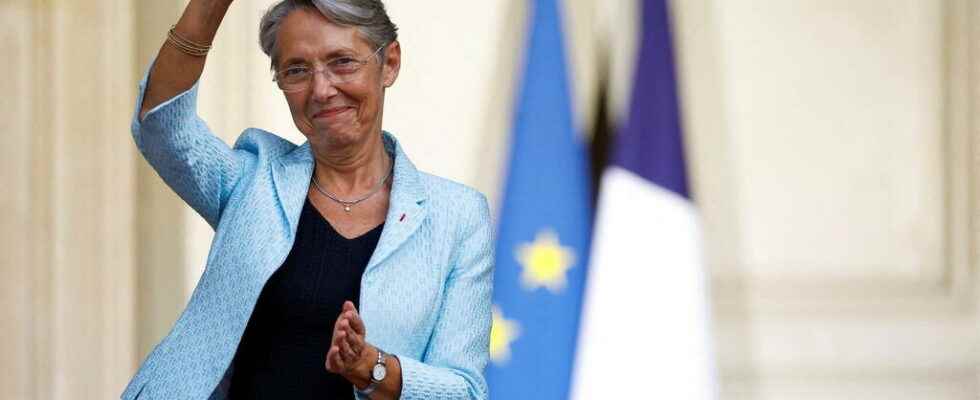In France, 31 years after Edith Cresson, it is finally the turn of a woman to become Prime Minister. Elisabeth Borne, 61, was appointed head of government by Emmanuel Macron. What are the projects awaiting the new Prime Minister?
A senior civil servant, former business leader, minister throughout the five-year term in three different positions, Élisabeth Borne is more of a technocrat than a politician, Anthony Latier from the political service of RFI. His profile sticks almost entirely to the job description established by Emmanuel Macron.
The president wants to reform pensions? Elisabeth Borne has just spent two years at the Ministry of Labor, she knows the file, she has experience of dialogue with the unions. The president wants to achieve full employment? She has worked on training and learning issues. The president wants to engage in ecological planning? She has already passed several laws, as Minister of Transport, then Minister of Ecological Transition.
Elisabeth Borne has been Emmanuel Macron’s “Swiss army knife” for five years. Three times minister, she has never failed him. His loyalty and solidity are rewarded.
Where his profile sticks a little less, it’s political. This senior civil servant has no political weight within the macronie, she has no local roots, no experience in the field, and is not a tribunitienne. Can she lead the battle for the legislative elections at the head of the outgoing majority? ” This is his weak point “, recognizes a minister.
A highly contested reform of the SNCF
Not to mention that his time at the Ministry of Transport from 2017 to 2019 did not leave only good memories. The SNCF reform resulted in one of the longest strikes in the history of the railway company. The Élysée described it as “ a left-wing woman with a social commitment “which demonstrated” its ability to carry out reforms “. But among the railway workers, this is not the memory of Fabien Villedieu, one of the spokespersons for Sud-Rail, also on the board of directors of the SNCF.
“ From my own little telescope, I didn’t really see much social dialogue in the context of the reform of the rail system in 2018, he declares at the microphone of Charlotte Cosset of the RFI Economy service. I think we didn’t keep a very good memory of it, given that we did three months of mobilization, three months of strike precisely. She nevertheless managed to put an end to hiring by statute, which means that the SNCF has become a box where there is a huge turnover, that is to say that the railway workers no longer stay at the SNCF, leave and we have big production problems. And the second part of his reform was also the transformation of the SNCF into a public limited company, which is the first step towards privatization, a privatization that we will all be biting our fingers about. I don’t have high expectations. I saw Elisabeth, Minister of Transport, and the least we can say is that we were disappointed. At the Ministry of Ecology, tell me about a major ecological measure from that government, and at the Ministry of Labor, it’s no better. It is certain that if they continue to do what they have been doing for five years, that is to say basically hitting the employees, the poorest people in society, after a while , it will crack. »
What ecological transition for the next mandate?
Minister of the Environment in the second government of Édouard Philippe, she held this position for just under a year, recalls Simon Roze, of the French department. A mandate marked by the adoption of three parliamentary projects: the energy-climate law, that of orientation on mobility and the creation of the bicycle plan, as well as a text on the circular economy.
But in the opinion of many associations and NGOs, her passage to this ministry will not go down in history, however, Élisabeth Borne having failed, like many of her predecessors, to put climate issues at the center of executive decisions.
Now Prime Minister, she will have control and probably more latitude. The first test will take place by the end of the year with the climate programming law, an essential text since it will establish for the next five years the means granted to the ecological transition. A few months later, will come the examination of the energy-climate programming. Here too, a fundamental text, because it must set the objectives to be met in all sectors to achieve carbon neutrality by 2050.
